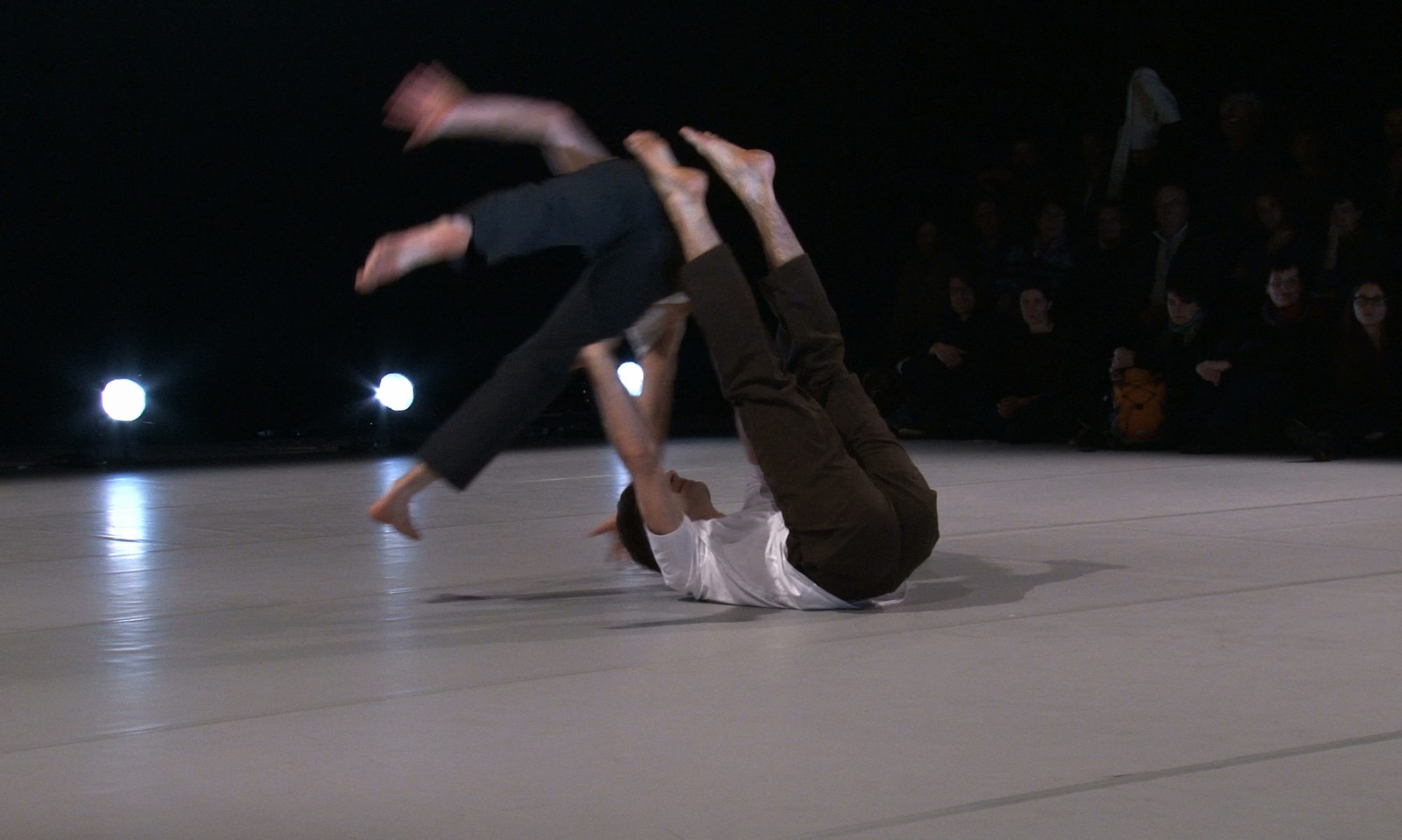Something I wrote a while back, Jan 25th 2005, and was thinking about again recently…
“…leads into my questions of audience. Why are they here? Entertainment, investigation expectation? Do they want to be challenged? If your expectations are not met then do you feel disappointment? But then if you as audience have expectations do we (the performers) need to be there? The audience could pay their money and just sit there and imagine the whole thing.
To be simplistic about it, there are two types of audience members. Those who go to a show with a certain amount of or with expectations. And there are those who go to a show with no expectations at all. But if you have ever seen an artist’s work before, it is impossible to go to their show and not have some expectations of what the show will be like. That is why people go back and see certain artist’s work again. The previous experience was satisfactory in some manner. The audience enjoyed themselves on some level.
This brings in the question of enjoyment. Do you enjoy having your expectations met? or contradicted/contrasted? Do you want your world view challenged or reaffirmed? Do you want recognizable elements, quotidian events re/arranged related in a suprising manner? Do you want to see something completely unrecognizeable that you cannot relate to at all? Do you come here to be offended? Do you come here for cultural edification? Or is it pure sensational masturbation?
Some might say that the opera, the ballet, the symphony are signs or events of high culture. Of higher value than a baseball game, a monster truck rally, or a wet T-shirt contest. But not the events in and of themselves are important but how the audience members relate to the event is important; is what makes them of cultural import. At the truck rally, people go to hear the roar of the engines, the smashing of the cars to see the huge trucks fly through the air and land or flop over.
At the ballet people go to hear the orchestra and see the lithe ballerina fly through the air and land in the arms of her partner. But @ either event the audience knows what is going to happen. They know the elements that make up the spectacle. They, the audience, are there to satisfy a certain desire, to fulfill an expectation. What would be more of a cultural event is is the typical ballet audience member went to the truck rally and the Nascar Dad went to the Lincoln Center to see the American Ballet Theater retrospective etc. Does the audience want to hide?”
My main point of something being cultural or not is the relationship between the audience and the material. If the audience is going for fulfillment then all events are of the same cultural value – sensational masturbation as I wrote above. If the audience is going to expand its horizons, that is culture.”
